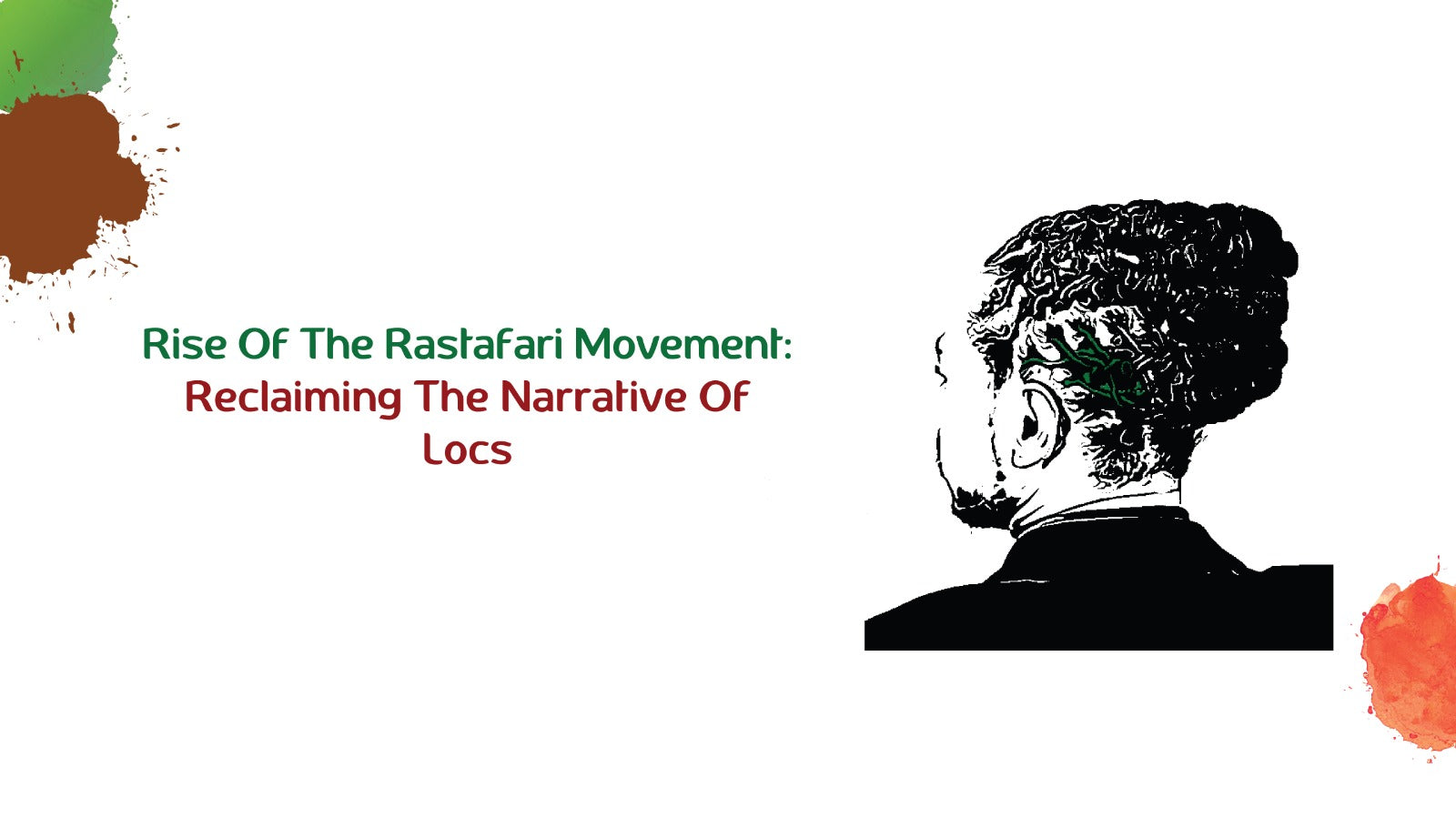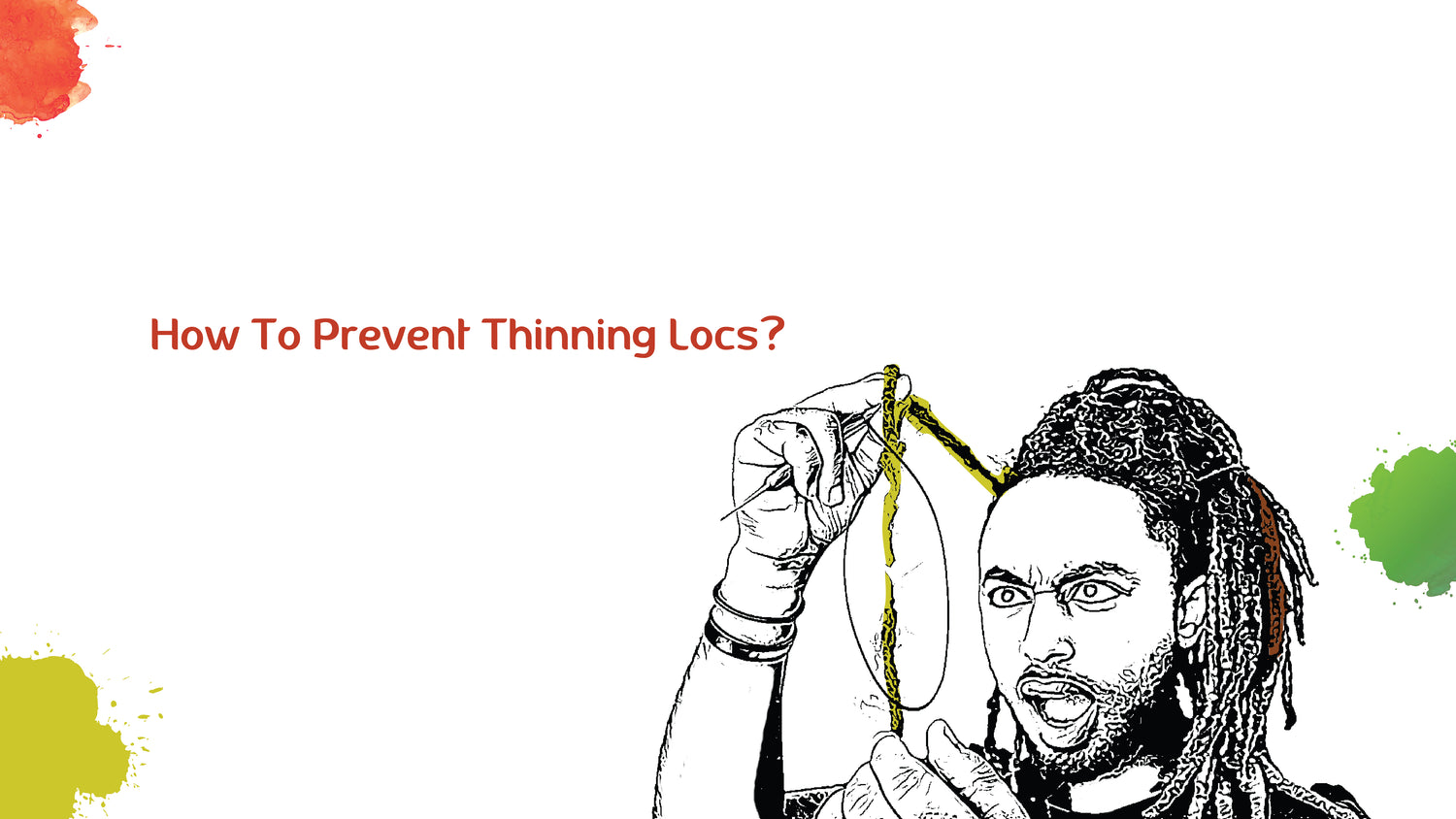The Rastafari movement, which emerged in Jamaica in the 1930s, has played a central role in shifting perceptions and narratives surrounding dreadlocks, or "locs" as they are often called. The Rastafari culture and religion played a key role in reclaiming this hairstyle and associating it with positive aspects of Black identity, spirituality, and resistance against oppression.
Historically, dreadlocks have been worn by various cultures across the globe, often holding religious or spiritual significance. However, the style became widely known globally through the Rastafari movement and its influence on reggae music, particularly via iconic figures such as Bob Marley.
In the Rastafari movement, locs are seen as a symbol of a covenant with God (often referred to as Jah), embodying an aspect of the "Nazirite" vow described in the Bible, wherein an individual commits to specific religious duties including not cutting their hair. Rastas also believe that locs represent the Lion of Judah, a symbol of Ethiopian Emperor Haile Selassie I, whom Rastas revere as a divine figure.
In addition to their spiritual significance, locs in the Rastafari movement represent a rejection of Eurocentric beauty standards and societal norms. They are an affirmation of Black identity and natural beauty, rejecting the pressure to alter one's hair to align with non-African ideals. In this sense, the adoption of locs by Rastas is an act of resistance against racial and cultural oppression.
Over time, the popularity of locs has spread, leading to a broader cultural acceptance of this hairstyle. However, this has also sparked debates about cultural appropriation, as non-Black individuals have adopted locs without understanding their cultural and historical significance. This highlights the importance of acknowledging and respecting the roots of this style in Black and Rastafari cultures.
The rise of the Rastafari movement played a critical role in shifting the narrative of locs from a marginal hairstyle to a recognized symbol of spirituality, resistance, and pride in Black identity. The continued presence and growth of this movement ensures that the narrative and cultural significance of locs remain in the global consciousness.
As we move forward, it's important to continue educating ourselves and others about the cultural history and significance of locs, both within the Rastafari movement and other cultures, to foster understanding and respect for this hairstyle and its rich, multifaceted symbolism.








